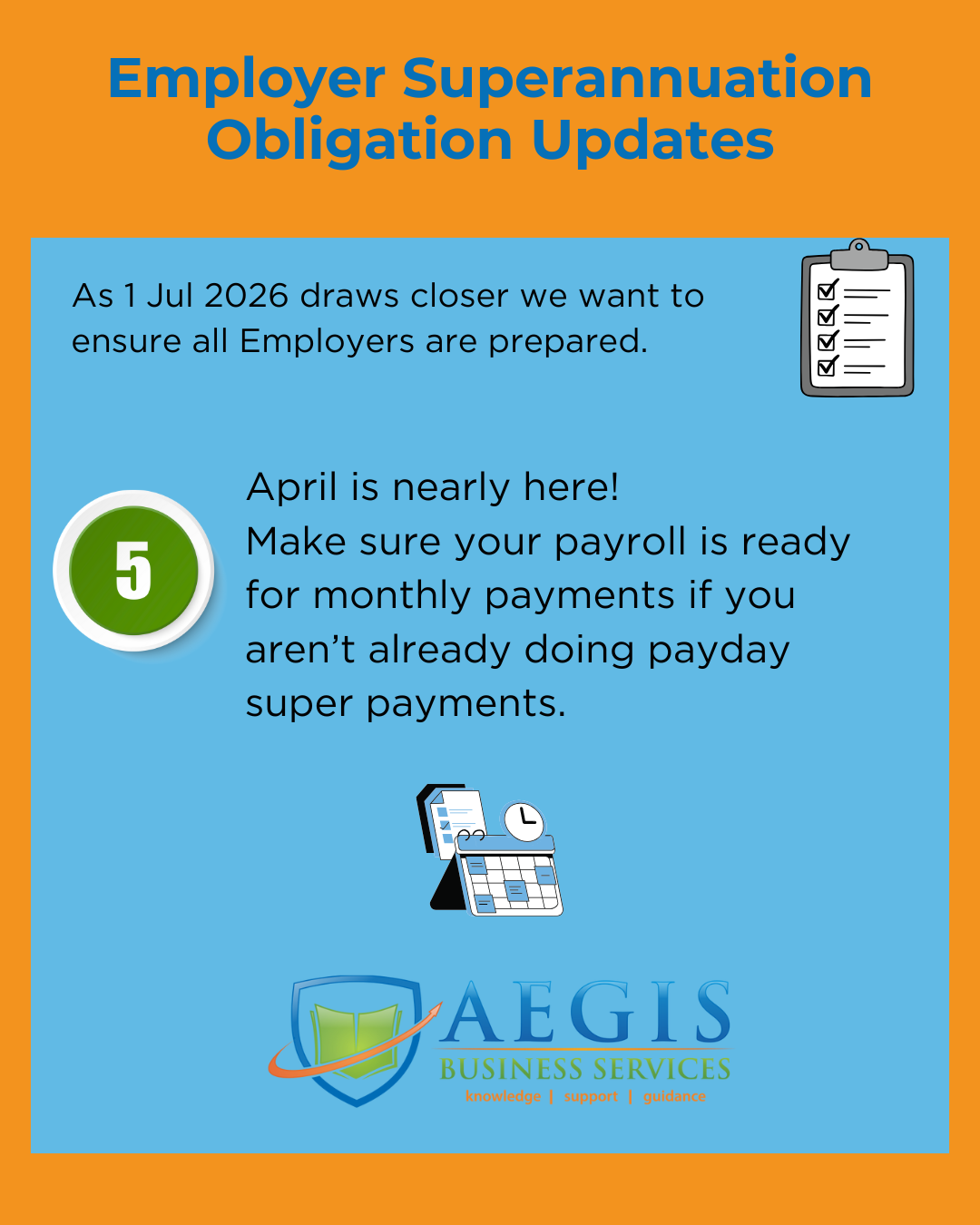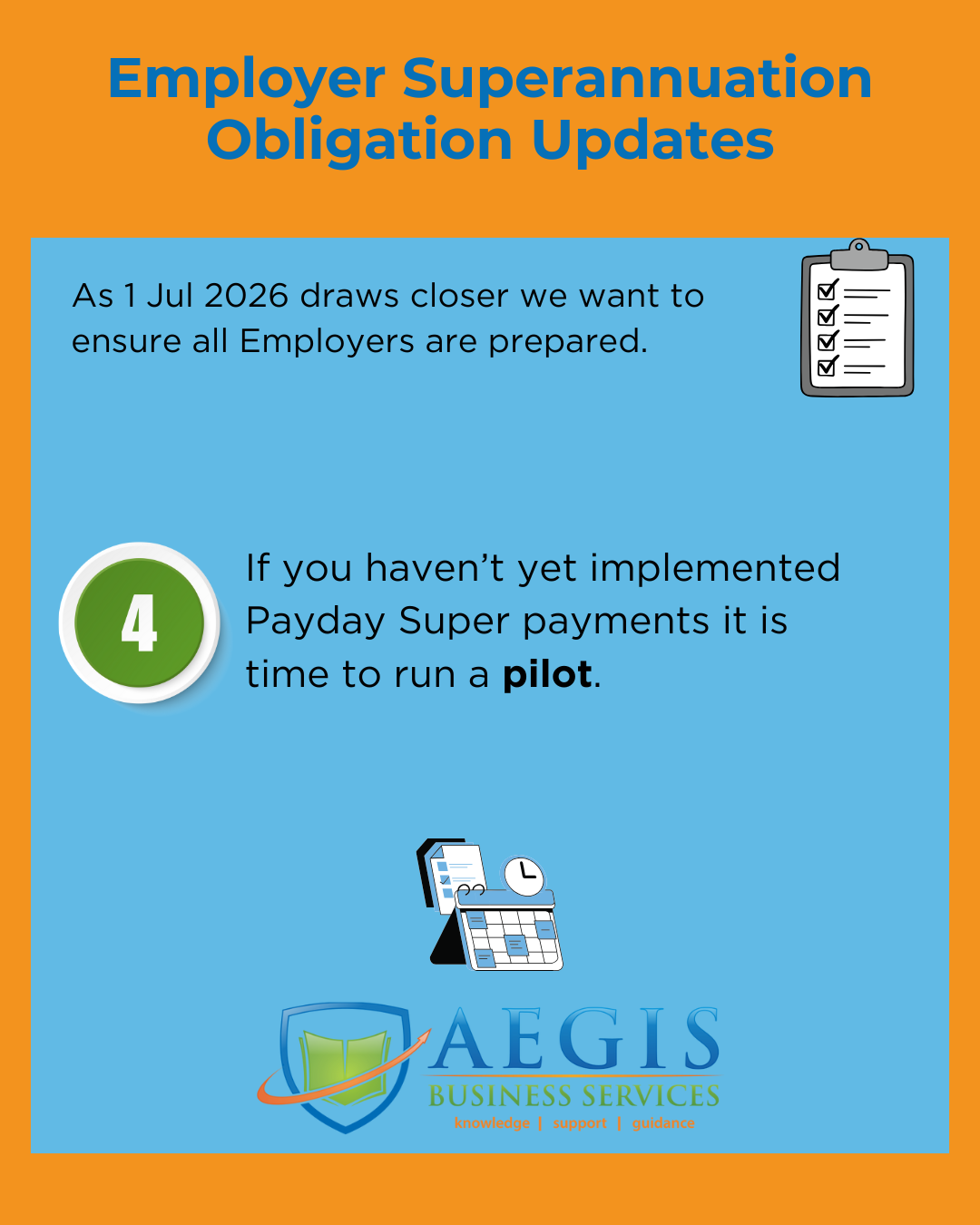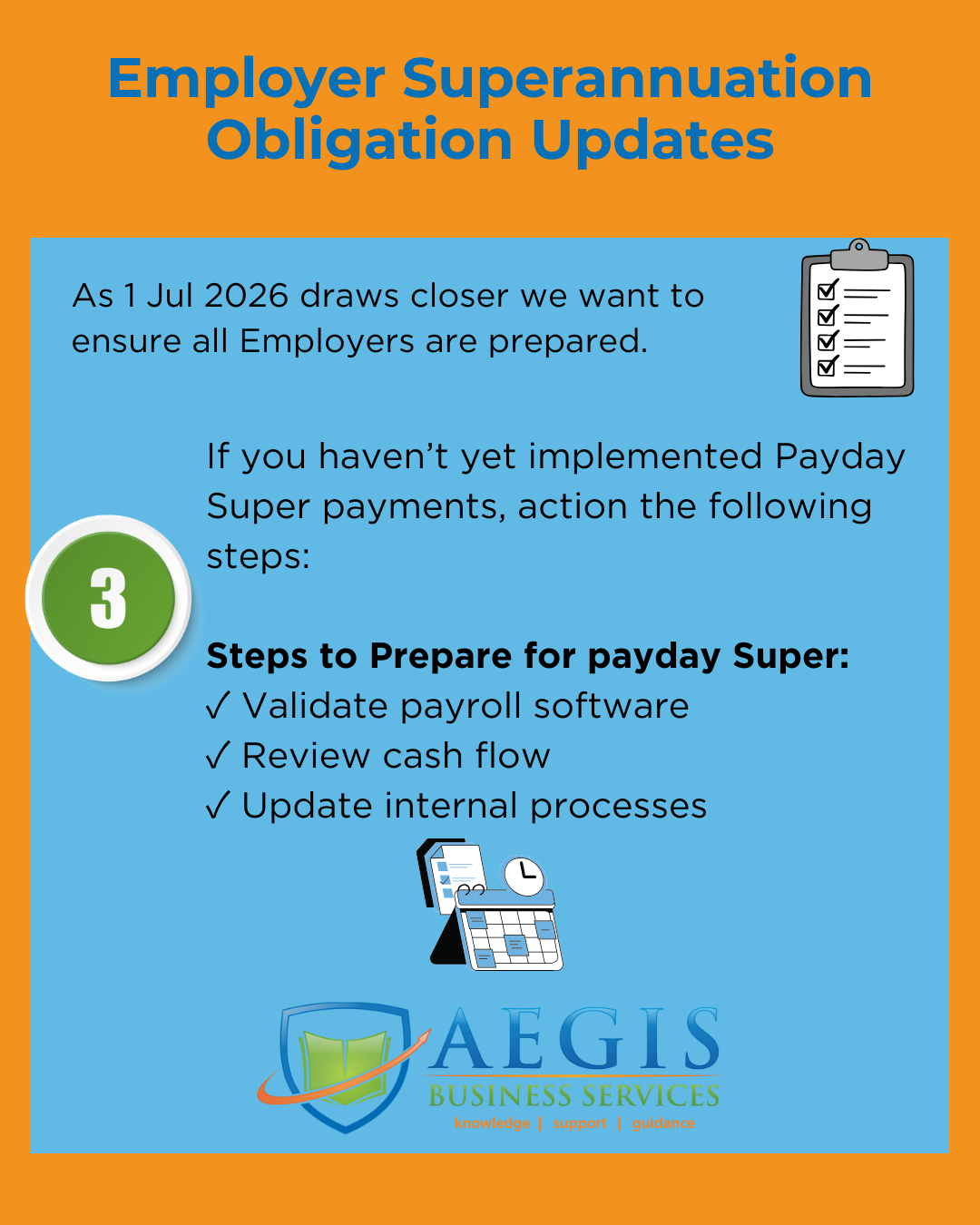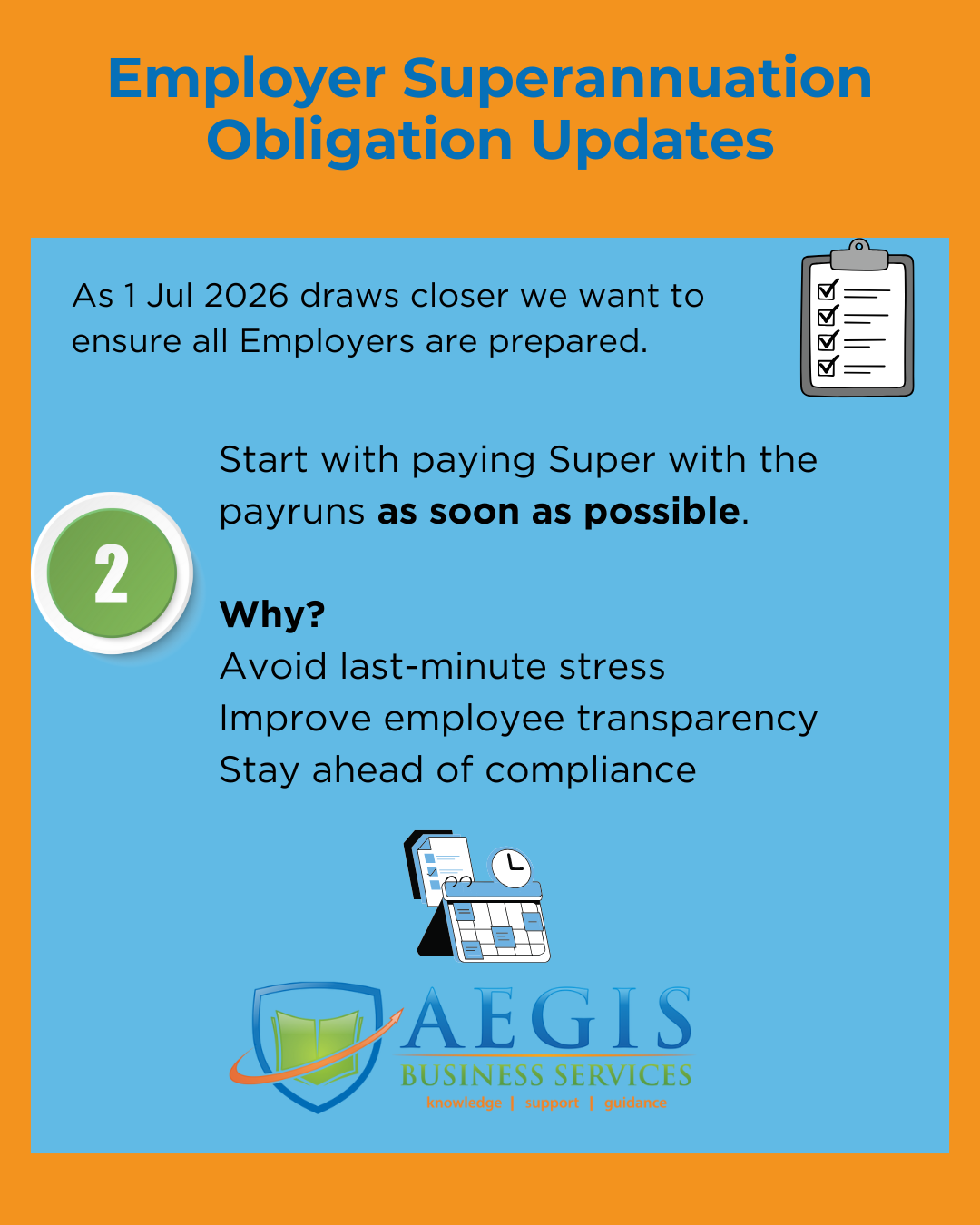
How Can I Save on Income Tax in 2025?
The short answer is: engage your accountant for “tax planning” before the end of the financial year.
What is “Tax Planning”? Should you Pay for this Extra Service?
As the end of the 2025 financial year fast approaches, NOW is the time to engage your trusted accountant to undertake effective tax planning for you, your business and associated entities. The sooner a plan is in place, the sooner you can action the plan, particularly when many actions are time bound with a 30 June 2025 hard deadline.
What does this accountant-speak “tax planning” mean? Should you pay an additional fee for tax planning? What’s the value in tax planning?
Understanding Tax Planning: It’s More Than Just Minimising Taxes
No-one wants to pay more income tax than they are required to, however there may be ways to minimise the income tax you do pay. Effective tax planning involves strategising and managing your financial situation to take advantage of tax concessions and incentives at the most effective time, whilst ensuring you are still complying with the Australian taxation legislation. As part of this process, we make sure we are aligning with your long term financial / business goals, as well as “dealing with” things like large director loans.
Tax Planning for Future Years
Looking towards the future during effective tax planning may help with a strategy to take funds from the business to fully offset your home loan interest, or to pay back a director loan across a few years. It could be strategising on the timing of selling investments to spread the capital gain or adding money to your superannuation fund. Many strategies play out across multiple years and therefore starting “this” financial year brings the end goal one year closer.
When Can We Start Tax Planning?
Tax planning can be undertaken at any point throughout the year. We have some clients with whom we meet on a monthly basis to update their tax strategies. Others are only in touch once per year. For those who only engage us for annual tax planning, the “sweet spot” is May to mid June each year. If you have a business, once your March quarter BAS has been prepared, and a reasonable forecast of the remainder of the financial year’s figures can be made, tax planning can begin.
We will ask various questions around your plans / goals and strategies, and gather financial information from you before we begin our tax planning process.
Is there a deadline?
Yes! Many strategies are time bound and have very strict deadlines. For example, contributions to your superannuation fund MUST be received by your fund AND allocated to your account BEFORE 30 June. Many funds have an early to mid June cut off for contributions for the financial year. This type of payment cannot be back dated if the deadline is missed.
Remember, that we are also managing multiple clients at once, so we cannot effectively tax plan for all clients in the last week of June. That’s why we begin to reach out now.
I just want to know how much tax I need to pay.
No worries! We can extrapolate out your income & expenses, do some calculations based on these and other things we know about your situation, and provide you with an estimated tax position. This way you can set aside the funds ready for payment later in the year, or get organised for an early tax return lodgement if you are expecting a refund. If you’ve changed jobs, started a business, or sold an investment, knowledge of your full year’s tax position is powerful.
Do you have a Family Trust?
If you have a family trust, the deed will (most likely) require a distribution minute be prepared to document the decision on how to distribute the income for the financial year. These distribution minutes MUST be signed BY 30 June each year. If not, the default provisions of the deed apply, the trustee may be liable for any taxes at 47% and no discretion can be undertaken with the distribution. Which could mean that one beneficiary pays way more tax than needed. Even if a trust is not expected to have any income, if the ATO decides to the contrary in the future, the default provisions will apply if a valid distribution minute doesn’t exist.
During our tax planning process, we’re estimating the trust’s accounting and taxation income, and preparing scenarios for different distribution combinations. When multiple entities are involved, this can be a great big game of Tetris. Yes, some of us LOVE doing this type of thing!
Tax planning is more than just minimising taxes; it's about enhancing financial health, guiding investment decisions, optimising cash flow, managing risks, facilitating estate planning, supporting business growth, and encouraging fiscal responsibility. By adopting a comprehensive approach to tax planning, individuals and businesses can secure their financial future and navigate tax complexities confidently.
Look out for our upcoming blogs on tax planning which will delve deeper into some aspects of tax planning and may assist you with some tips.




